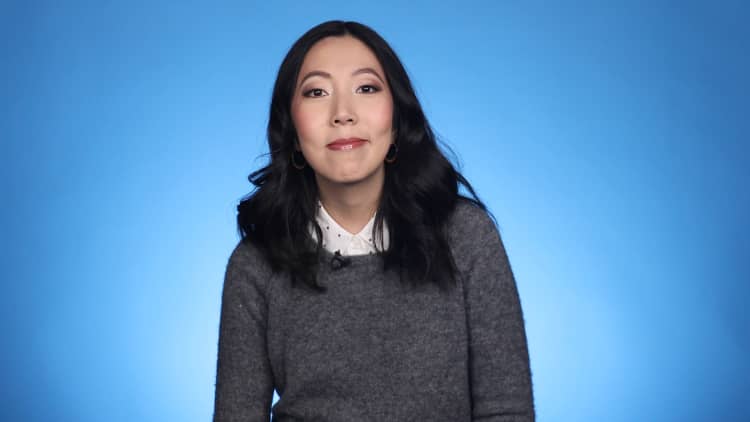Workers with their sights set on landing a new job in 2020 have a lot of factors working in their favor. The Bureau of Labor Statistics estimates there are roughly 7.3 million open jobs in the U.S., and the unemployment rate sits at just 3.5% — meaning there are plenty of openings for those who are looking.
What's more, career site ZipRecruiter reports that job postings typically increase by 15% between December and January.
And according to data from the career site Monster.com, Wednesday is the most popular day of the week to search for a new job online.
Monster.com career expert Vicki Salemi tells CNBC Make It that Wednesdays are a prime time for reassessing your job prospects after the rush of Monday and Tuesday, which tend to be busier workdays, wears off.
However, with the majority of candidates searching for job postings during the middle of the week, that also means a larger application pool and stiffer competition.
When to apply for a new job
Salemi suggests job seekers disregard guidelines about the "best" time to apply for a new job, other than: as soon as possible.
January and February are the most popular months of the year to search for a new job, Monster.com has found, but that shouldn't discourage job seekers.
"There's no bad time to search," she says. "Hiring managers are focused on reviewing resumes — the sooner, the better.
"Especially in this talent shortage, recruiters especially are focused on reading incoming applications ASAP to start the process to fill their jobs," Salemi adds, referring to the tight labor market in which there are more open jobs than qualified applicants to fill them.
What to update on your resume
Immediacy is crucial, and Salemi stresses each resume and cover letter should be tailored to the specific role you're applying for.
"Make sure your resume includes keywords the company uses in their job description," Salemi says. "For instance, if you work in human resources and the company refers to HR as 'human capital management', include human capital management in your resume at least once."
Organization matters in an era when more employers are using applicant tracking systems and AI-enabled software to review and prioritize resumes.
Job titles should be listed in reverse-chronological order, says TopResume career expert Amanda Augustine, because machines favor documents with a clear hierarchy to their information. The description under each title should mirror requirements and skills of the job description, and their order, as much as possible.
Another tip: Quantify responsibilities and accomplishments, and minimize gaps in employment history by listing just years of tenure with an organization, rather than both month and year.
Augustine adds that documents should be composed in a text-based application like Microsoft Word, rather than a PDF, so buzzwords can be scanned by AI software.
Finally, make sure applications are error- and typo-free. "You'd be surprised how many people get rejected in this first round due to simple errors that could have been fixed," Salemi says.
Increase your odds of landing an interview—and the job
One of the best ways to bypass tracking systems altogether is to get in touch with the hiring manager directly. Job seekers may be able to find this contact information on the job posting itself or by networking with people they know within the company.
The time of day a job seeker reaches out to a recruiter or hiring manager can also send a message.
"In general, avoid emailing during non-work hours, especially unusually late at night," Jeannie Kim, editorial director of career site The Muse, tells CNBC Make It. "You may think that you're showing how eager and hard-working you are by sending off a follow-up email at 11 p.m., but really you're just showing a lack of boundaries."
Instead, Kim recommends emailing first thing in the morning. Workers who can't access email during the day can schedule their message to send at a specific time.
Being prompt with thank-you notes throughout the interview process, whether your interview was by phone or video or in-person, can also help candidates stand out.
"It doesn't have to be long or complicated, but it should be prompt," Kim adds. "Send it the same day, or within 24 hours at the latest. It's a chance for you to follow up while the interview is still fresh in their mind, and in yours, and hopefully solidify the great impression you already gave them."
Like this story? Subscribe to CNBC Make It on YouTube!
Don't miss: These 5 high-paying, growing jobs didn't exist a decade ago—but they'll be booming through the 2020s



